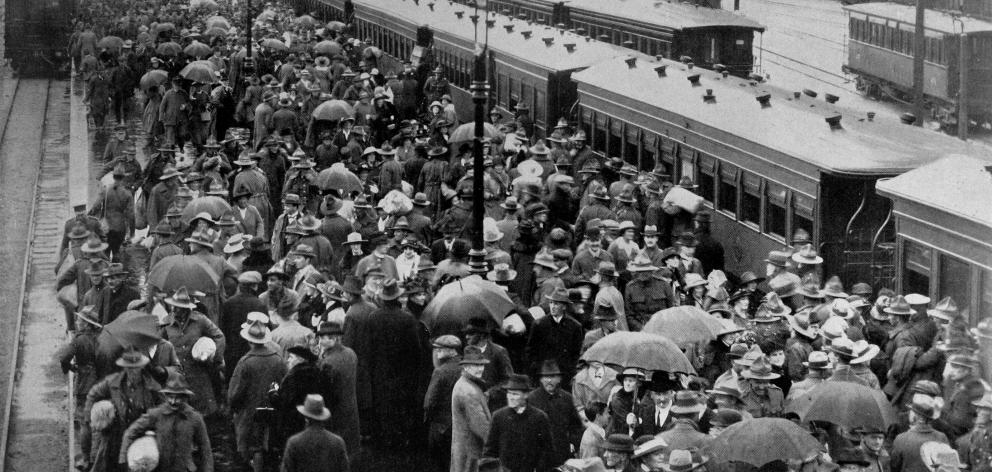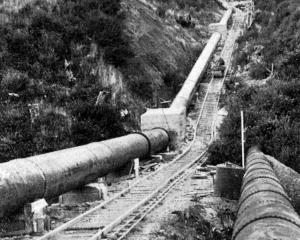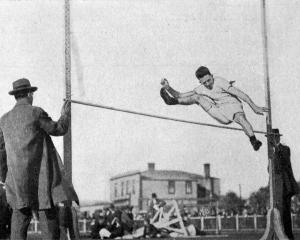
It would be absurd, of course, to suggest that the exhaustion of mining areas has not seriously affected the prosperity of the district, for it is obvious that it has done so. What may reasonably be contended, however, is that if the lands of Otago had been available for occupation on conditions that attracted settlement, encouraged the improvements of the holdings, and stimulated production, the decline in the mining industry would not have been a matter of grave moment, for any tendency towards a loss of population would have been arrested by the development of the permanent resources of the country. What is necessary is to offer inducements to the occupiers to improve their holdings in such a way as will admit of the great scourge of the country — the rabbit pest — being effectually combatted and as will admit also of the restoration of the natural grasses. We believe the weight of considered judgement is definitely favourable to the substitution, as far as practicable, of the freehold for the leasehold tenure on the ground that the freehold system provides an incentive to good farming and to all that good farming implies. It is gratifying to know that Mr Guthrie has committed himself unreservedly to the support of the application that a Royal Commission should be set up to inquire into the conditions on which the Crown Lands in Otago are held and to make recommendations respecting the tenures of these lands.
Glasgow riots
LONDON: Great crowds assembled early in the afternoon in George square, Glasgow, blocking the tramway traffic. Their behaviour became menacing, necessitating the calling in of a force of police, mounted and foot, who were in readiness. A shower of missiles greeted the police, who drew their batons and charged, clearing a space in front of the City Chambers. A fresh procession of strikers, seeking a 40 hour week, headed by bands, arrived in the square, and the situation became critical when the mob again attacked the police, throwing stones, bolts and rivets. The police, amid counter-cheering and boo-hooing, rushed forward using their batons freely. A number of Australian soldiers and army officers, apparently on leave, joined the police and helped to again clear a space. During the attacks the sheriff read the Riot Act. The rioters stopped a brewer’s lorry and hurled bottles at the police, some of whom were hit. Forty strikers and members of the police are in hospitals, but the injuries are slight. Subsequently the leaders withdrew the processionists, and further collisions with the police were prevented.
Danger over at Balclutha
At Balclutha the position is quite reassuring, and all danger is over. The river is falling rapidly and steadily. It had dropped another 6ft by noon to-day. The water in the north and south ends of the town has almost cleared away. At the south end the floodgate was opened sufficiently to allow egress to the water. Visits have been made by boat to Inchclutha. It was found that the losses of stock were comparatively small, but the animals are suffering greatly from lack of food. As the water recedes the grass and crops are found to be ruined by a thick coating of silt, and the farmers’ losses are certainly heavy. — ODT 4.2.1919.
• COPIES OF PICTURE AVAILABLE FROM ODT FRONT OFFICE, LOWER STUART ST, OR WWW.OTAGOIMAGES.CO.NZ












